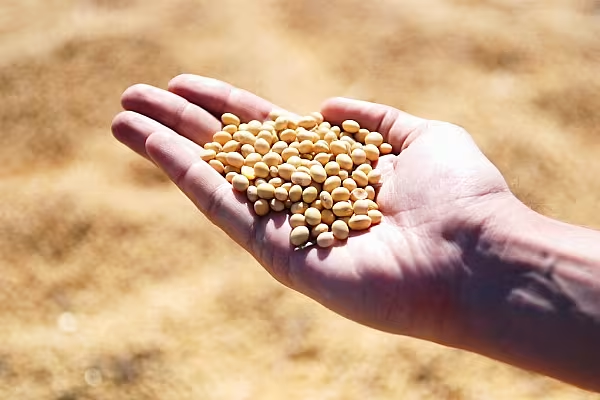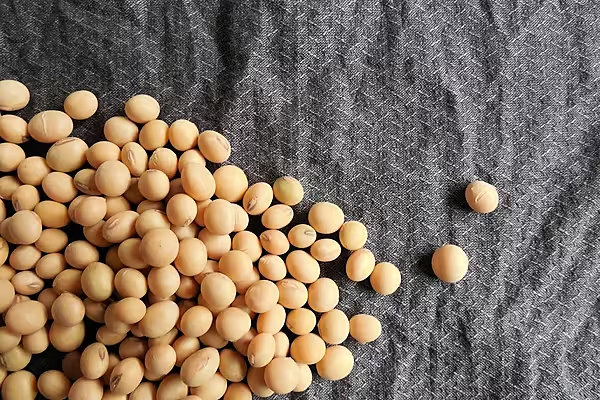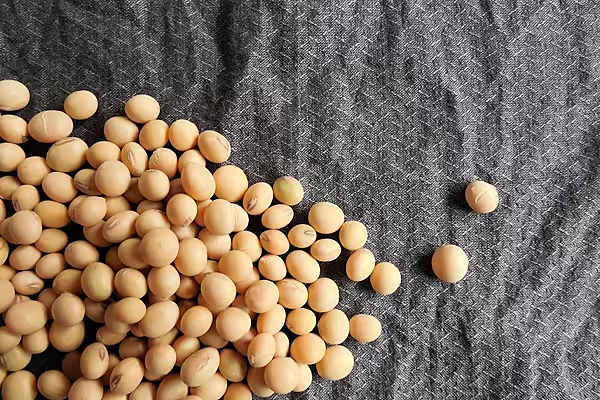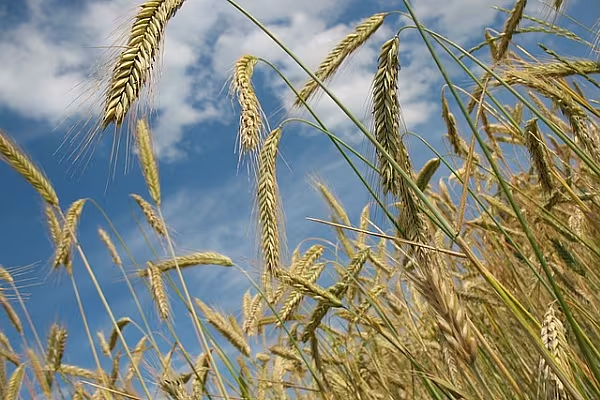The Argentine government has not ruled out the possibility of increasing taxes on food exports as part of its effort to control high inflation, the president's Deputy Chief of Staff Cecilia Todesca said in a local radio interview.
Consumer prices in the grains exporting country rose by more than 36% last year, heaping economic problems on families also hit by a recession that started in 2018 and fallout from the COVID-19 pandemic.
"I do not rule out anything," Todesca said when asked by radio station El Destape if the government might further increase taxes on food exports.
"We don't have that many tools and we have to use everything we have," she added.
High Prices
In recent months, international prices of soybeans and corn have reached their highest levels in years. Argentina is the world's No. 3 corn exporter and the top international supplier of soymeal livestock feed.
Todesca told El Destape that the goal of President Alberto Fernandez was to dialogue with farmers and agro-exporters to find methods to avoid sharp increases in domestic food prices.
Last month the government moved to limit corn exports with the intention of lowering domestic food prices, but it ditched the plan after protests from the agricultural sector.
Growers said the limits would have weighed on investment and farm production at a time when the central bank needs export dollars to replenish its foreign currency reserves.
News by Reuters, edited by ESM. Click subscribe to sign up to ESM: European Supermarket Magazine.











